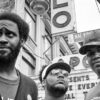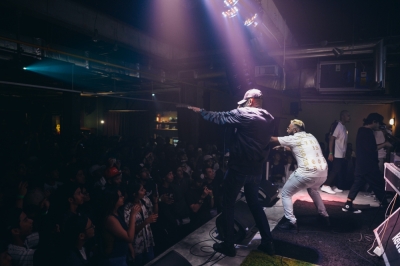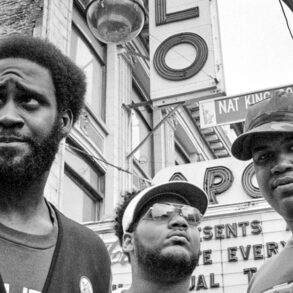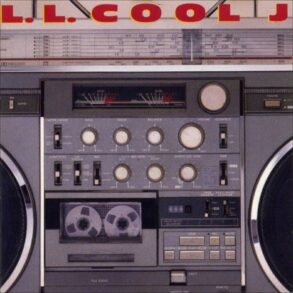KUALA LUMPUR, July 11 — Rap, a genre marked by spoken word over beats, thrives on rhyme, wordplay, and poetic techniques like metaphors and similes.
Its socially driven lyrics trace back to the Bronx neighbourhood in New York City in the 1970s, forming a core part of hip-hop culture alongside DJing, graffiti, breakdancing, and fashion.
Closer to home, in Malaysia, rap burst out of the underground scene in Kuala Lumpur during the early 90s.
Krash Kozz, then a four-member group, introduced the Malaysian masses to hip-hop with their well-received mixtape, Pump it Up, in 1989 which was certified by Billboard as the first hip-hop album to be recorded by a Malaysian artiste.
Advertisement
After trimming down to a trio and releasing a self-titled EP in 1992, they were joined by emerging acts, with commercially-friendly poppy leanings in the arrival of rap releases in Bahasa Malaysia from KRU, 4U2C, and Les Enfant.
It would however be a year before Nico’s first album, Buatan Los Angeles, before the true dawn of Malay-language rap.
The same year, which saw the release of the third and final album from Krash Kozz — also saw the first actual celebration of hip-hop locally in Konsert Rap Kuala Lumpur, which featured emerging acts like Les Enfants, V.I.P., City Kids, Feminin, Res 2, Give Me 5, Nico, and Hasnol.
Advertisement
Rap in its true form would remain within the realm of the niche urban, English medium segment in the following years, with exciting moments scattered, such as the arrival of Poetic Ammo and Naughtius Maximus.
The presence of rap in the mainstream Malaysian music scene however changed forever in 1999 with the debut of Too Phat.
Since then, the gradual but assured rise of rap in Malaysia was on the cards, with mainstream acceptance to come over a decade later in Anugerah Juara Lagu wins by Joe Flizzow and SonaOne’s Apa Khabar in 2014, and Kaka Azraff, Noki, and Loca B’s Gila in 2020.
Despite initial scepticism, Malaysian rap has flourished.
Sabah-based K-Clique is among today’s most successful acts, dominating the online sphere with their massive appeal.
Meanwhile, Joe Flizzow leads Def Jam’s South-east Asian division as its managing director, highlighting the genre’s growth and impact.
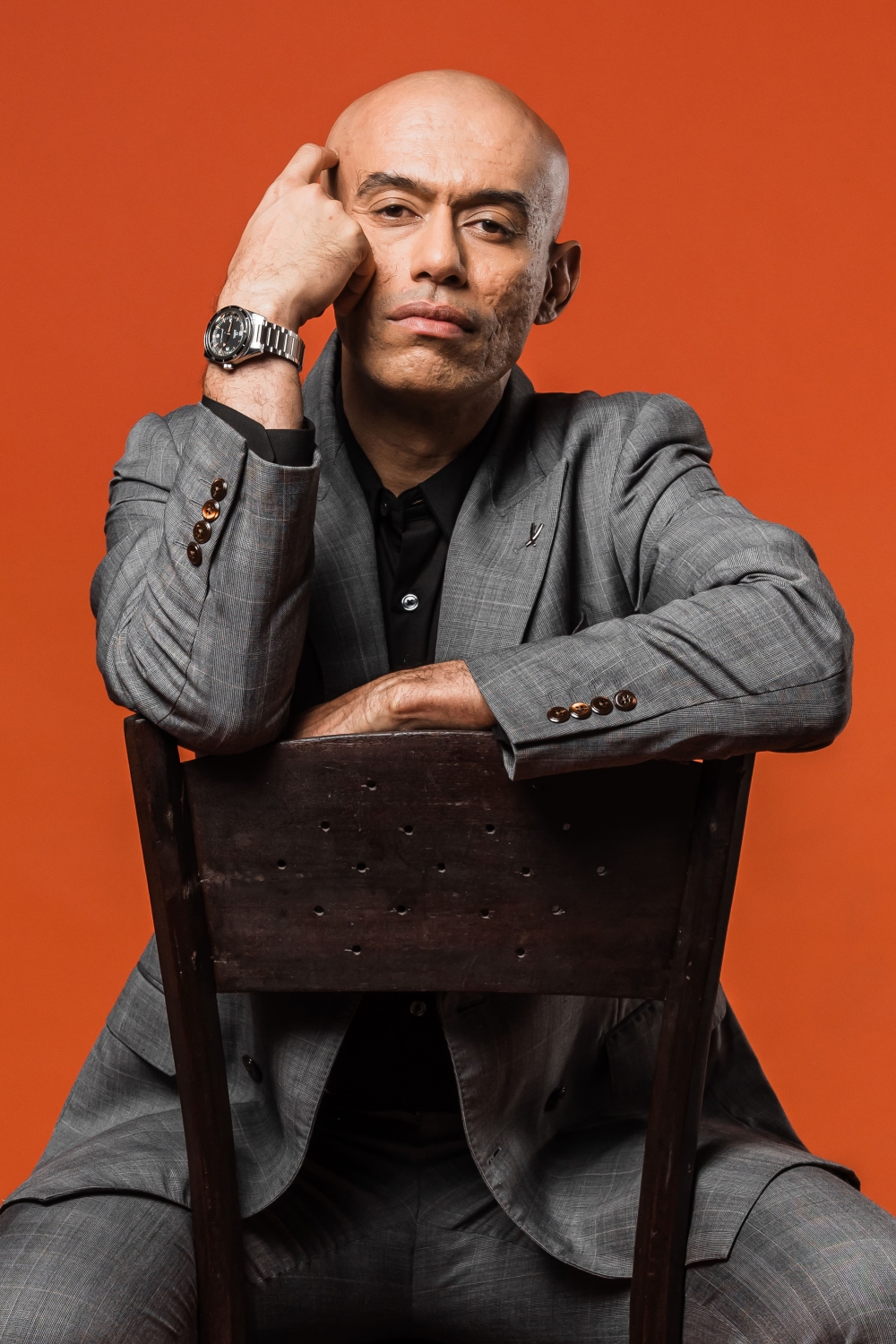
Local rapper and producer Altimet said the rejuvenation of the local hip hop scene is due to global patterns in music. — Picture courtesy of SVLTAN Management
The resurgence of rap in Malaysia’s music scene is no shock to award-winning rapper Altimet (Syed Ahmad Syed Abdul Rahman).
“Hip-hop music is going from strength to strength. It’s reflective of the global movement for music. Hip-hop went from being influenced by other genres to influencing other genres,” he said.
Altimet finds this evolution both fascinating and ironic.
“It went from being called a fad to being the number one radio format in the largest music market in the world, the US. We used to have dad rock, now we have dad rap,” he told Malay Mail.
Now serving as the Lembah Jaya state assemblyman, Altimet asserts that hip-hop has formed a symbiotic relationship with other genres, mutually influencing each other.
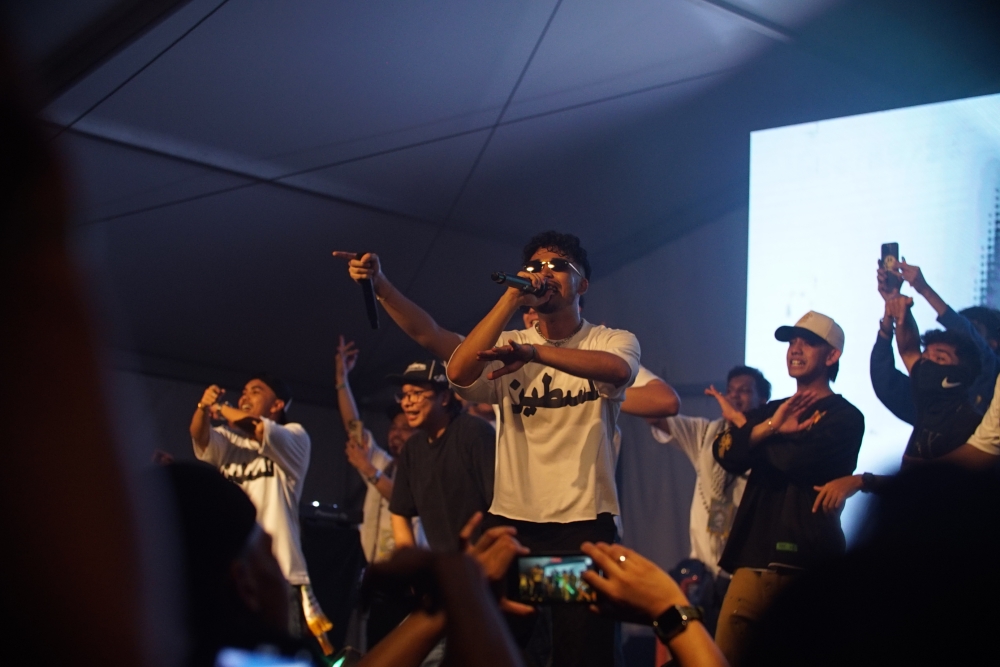
The local underground rap scene is flourishing now more than ever. — Picture by Riduan Mohamad
Sounds from the underground
Decades of groundwork by Malaysian hip-hop pioneers have paved the way for a flourishing local underground rap scene, driving mass acceptance and innovation.
In today’s digital era, aspiring rap artists and producers have a plethora of platforms to independently pursue their dreams.
This digital revolution has birthed a new generation of diverse talent — spanning genders, ethnicities, languages, and styles.
Take, for instance, Johorean sensation FORCEPARKBOIS, whose hit song Lotus gained international acclaim, remixed by artists not just from Malaysia, but also Singapore and South Korea.
In a groundbreaking move, rapper SYA became the first female rapper signed under Def Jam SEA after her viral Kika freestyle video in 2020, landing her a spot on Forbes Asia’s “30 Under 30” list.
Old Head Jin, founder of grassroots hip-hop festival Raising the Bar, notes a surge in artists rapping in colloquial languages like Bahasa Malaysia, Tamil, and Mandarin, instilling a renewed sense of pride in the scene.
“The skill level is also just different now — a lot of these young, upcoming rappers produce their own beats and they’re so good at it.
“And you have self-sustaining collectives such as 0108 SLATAN and 53 Universe.
“The output is just nuts at this point,” he said.
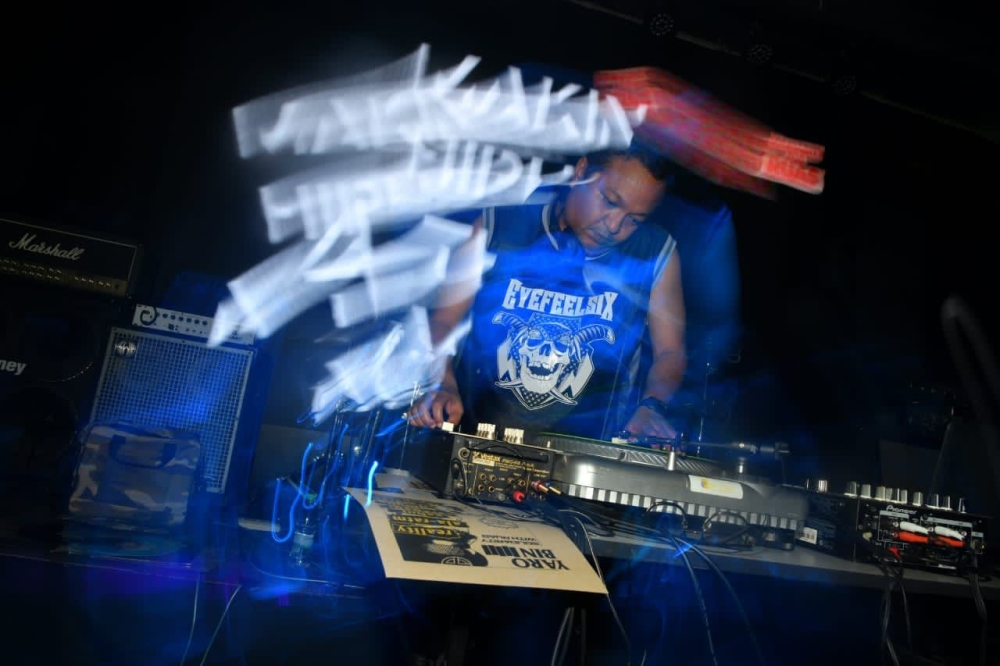
DJ KillahZ on the deck. — picture courtesy of Most Hated By All Records
Founder of local hip-hop media platform Hear Me Out (HMO), Naim, remains optimistic about the burgeoning rap scene in Malaysia.
Established in 2017 as an event organiser specialising in hip-hop gigs across the Klang Valley, HMO swiftly expanded its reach.
Introducing HMO TV on YouTube, they began showcasing music videos, self-produced interviews, and cyphers featuring local rappers.
Responding to the demand from emerging artists, Naim and his team launched HMO Radio by the end of 2018.
This platform provided a crucial outlet for new local talents to promote their music, complete with their own music charts.
Operating primarily on Instagram and YouTube, HMO received a positive response, receiving 30 to 50 song submissions weekly.
Over the years, HMO has nurtured many local talents, with successes like K-Clique, Yonnyboii, and ChronicalZ from CityBois Worldwide either breaking through or showing promising potential.
Notably, Malaysia’s first hijabi rapper, Bunga, known for her signature baju kurung style, kickstarted her career with HMO and even opened for a recent Coldplay concert in Kuala Lumpur.
Despite challenges, including navigating the Covid-19 pandemic, HMO has not only sustained but also grown.
Their resilience and innovation were recently recognised with a dedicated segment on local radio station Hot FM, airing live every Saturday from 9pm to 10pm.
This segment showcases local hip-hop hits, both mainstream and underground, further solidifying HMO’s pivotal role in Malaysia’s hip-hop landscape.
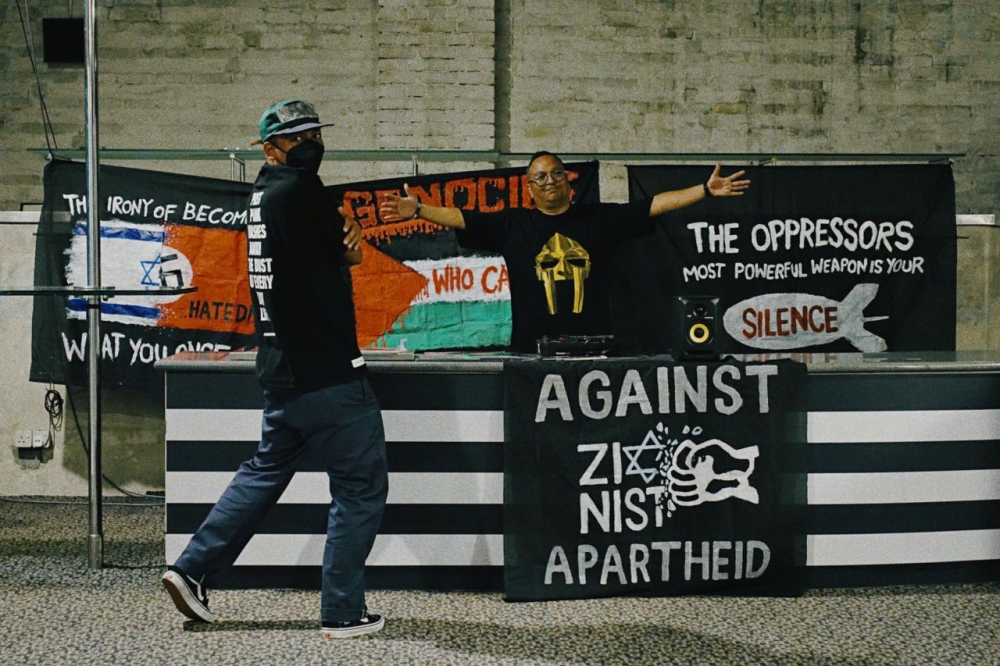
Since their inception in 2020, MHBAR has eight physical releases under their belt including CDs, 7-inch vinyl and cassettes. — Picture by Arif Zikri
For the love of rap — and physical releases
In the era of abundant EPs and albums on streaming platforms, independent DIY record label MostHatedByAllRecords (MHBAR) stands out for its commitment to physical releases.
Founded in 2020 by Fizi Hakim, also known as DJ KillahZ of local DJs collective Disko Santan, and rapper-songwriter YaRobin Yashar, MHBAR has already curated eight releases. These include CDs, cassettes, and 7-inch records, in collaboration with Sungai Petani-based record store Resolve Records.
Specialising in politically charged boom bap subgenre releases, MHBAR has forged collaborations with rappers and indie labels from Indonesia, Singapore, the US, and Bandung-based Grimloc Records.
Notably, they produced “Hip Hop Against Genocide,” a non-profit solidarity project for Palestine, featuring a double disc with a 53-page zine booklet and artwork by Palestinian refugee and visual artist Rami Kanso.
YaRobin spearheaded the project, raising over RM6,000 with proceeds donated to local NGO Cinta Gaza Malaysia and families from Camps Breakerz Gaza, a breakdance group.
Fizi cited the scarcity of physical releases among independent rappers today as a key motivation behind founding the label.
“For me, physical releases demand extra attention. They allow listeners to engage closely with the music, reading lyrics and credits that aren’t always available on streaming platforms. It’s also a tangible way to honor everyone involved, from sound engineers to beatmakers and scratchers,” he said to Malay Mail recently.
He highlights another advantage: Direct profit for artists, a rarity on streaming platforms where independent artists struggle financially.
MHBAR’s dedication to physical releases not only preserves traditional music formats but also supports independent artists in a meaningful, sustainable way.
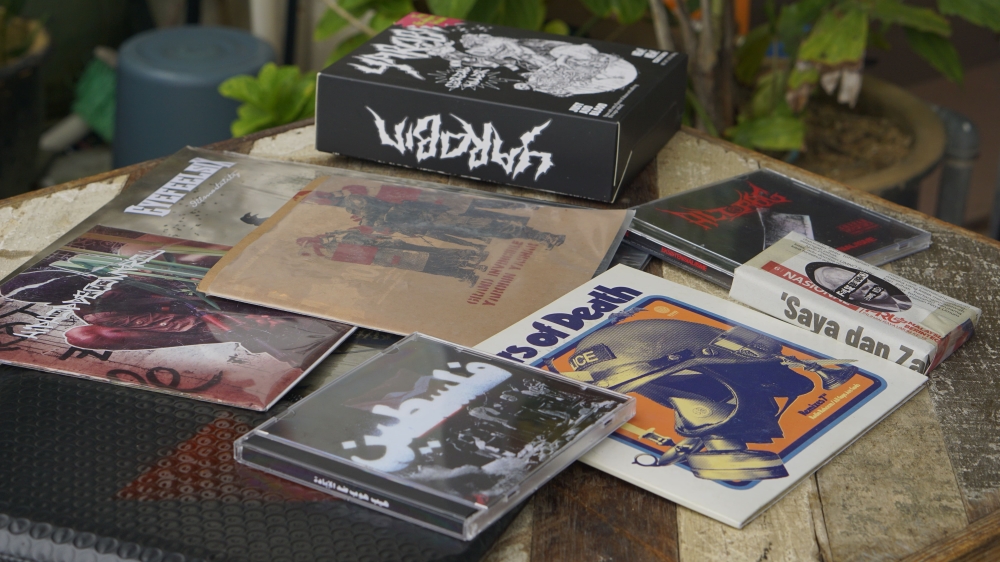
Since their inception in 2020, MHBAR has eight physical releases under their belt including CDs, 7-inch vinyl and cassettes. —Picture by Arif Zikri
YaRobin, known for his creative direction on all his EPs, stresses the importance of preserving physical releases for future generations.
Enjoying the freedom to craft art direction, YaRobin’s first EP, Cereal Killer, was uniquely packaged in a cereal box containing a CD, cassette, and sticker pack.
“For me, it’s about giving back to those who support my music with something tangible,” he said.
“Growing up with physical items, I want future generations to have the same experience.”
He also sees physical releases as a means to maximise creative expression, often collaborating with local artists to shape his projects’ visual identities.
“Working with the local art community allows me to channel resources and enrich my artistic vision,” he added.
MHBAR currently has three artists under their label which includes YaRobin, HipHop Decontrol and their latest member ALTRBG (Ali Terbang) who recenty released his 12-tracks debut album.
Predicting the exact evolution of a musical genre like hip hop and rap in the future is challenging due to the dynamic and unpredictable nature of music trends.
Nevertheless, given the global dominance of rap and hip-hop influences, including its impact on popular genres like K-Pop, one thing is for sure — the words of the late Tupac Shakur from ring out loud and true : “Rap is here to stay, it ain’t goin’ nowhere”.
This post was originally published on this site be sure to check out more of their content.

